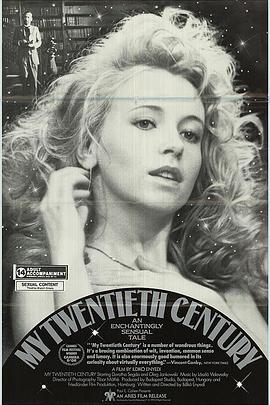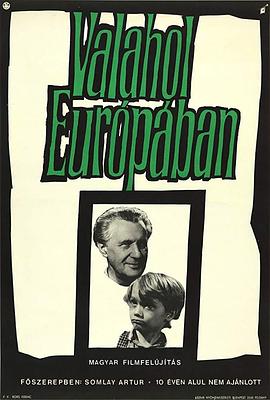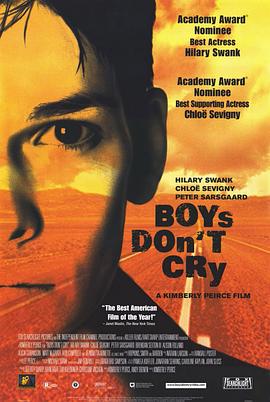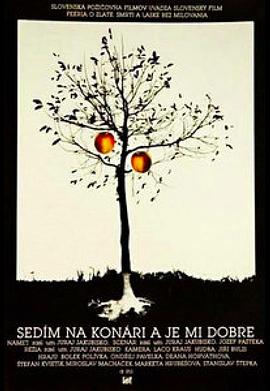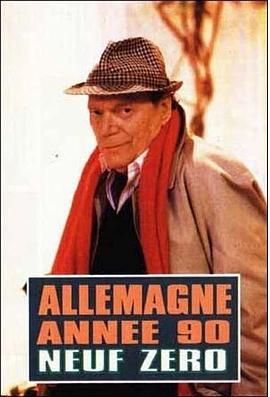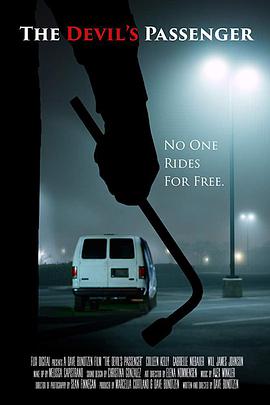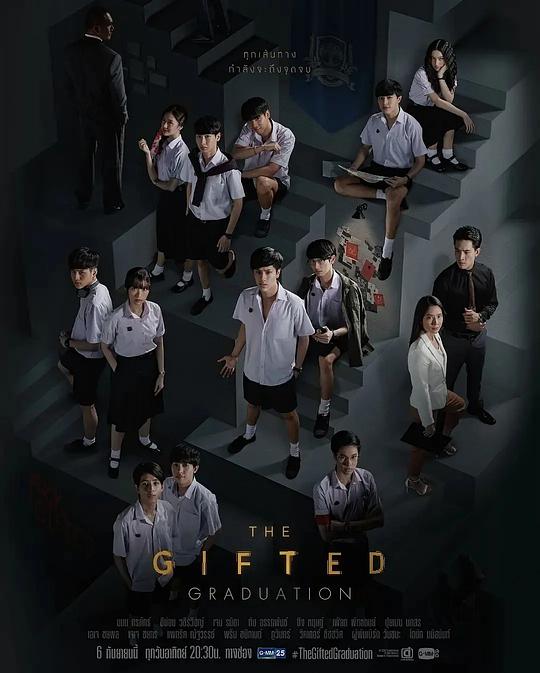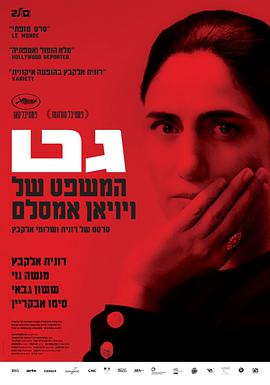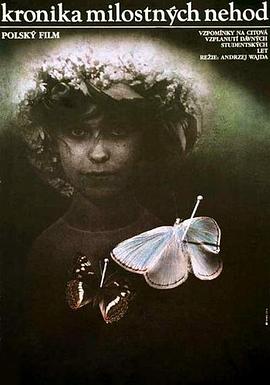-
备注:已完结
类型:剧情片
主演:Artúr Somlay Miklós Gábor Zsuzsa Bá
语言:其它
年代:未知
简介:Somewhere in the remote region, the war ends. In the midst of ruined cities and houses in the streets, in rural hamlets, everywhere where people still live, are children who have lost their homes and parents. Abandoned, hungry, and in rags, defenseless and humiliated, they wander through the world. Hunger drives them. Little streams of orphans merge into a river which rushes forward and submerges everything in its path. The children do not know any feeling; they know only the world of their enemies. They fight, steal, struggle for a mouthful of food, and violence is merely a means to get it. A gang led by Cahoun finds a refuge in an abandoned castle and encounters an old composer who has voluntarily retired into solitude from a world of hatred, treason, and crime. How can they find a common ground, how can they become mutual friends The castle becomes their hiding place but possibly it will also be their first home which they may organize and must defend. But even for this, the price will be very high. To this simple story, the journalist, writer, poet, scriptwriter, movie director, and film theoretician Béla Balázs applied many years of experience. He and the director Géza Radványi created a work which opened a new postwar chapter in Hungarian film. Surprisingly, this film has not lost any of its impact over the years, especially on a profound philosophical level. That is to say, it is not merely a movie about war; it is not important in what location and in what period of time it takes place. It is a story outside of time about the joyless fate of children who pay dearly for the cruel war games of adults. At the time it was premiered, the movie was enthusiastically received by the critics. The main roles were taken by streetwise boys of a children's group who created their roles improvisationally in close contact with a few professional actors, and in the children's acting their own fresh experience of war's turmoil appears to be reflected. At the same time, their performance fits admirably into the mosaic of a very complex movie language. Balázs's influence revealed itself, above all, in the introductory sequences an air raid on an amusement park, seen in a montage of dramatic situations evoking the last spasms of war, where, undoubtedly, we discern the influence of classical Soviet cinematography. Shooting, the boy's escape, the locomotive's wheels, the shadows of soldiers with submachine guns, the sound of a whistle—the images are linked together in abrupt sequences in which varying shots and expressive sharp sounds are emphasized. A perfectly planned screenplay avoided all elements of sentimentality, time-worn stereotypes of wronged children, romanticism and cheap simplification. The authors succeeded in bridging the perilous dramatic abyss of the metamorphosis of a children's community. Their telling of the story (the scene of pillaging, the assault on the castle, etc) independently introduced some neorealist elements which, at that time, were being propagated in Italy by De Sica, Rossellini, and other film artists. The rebukes of contemporary critics, who called attention to formalism for its own sake have been forgotten. The masterly art of cameraman Barnabás Hegyi gives vitality to the poetic images. His angle shots of the children, his composition of scenes in the castle interior, are a living document of the times, and underline the atmosphere and the characters of the protagonists. The success of the picture was also enhanced by the musical art of composer Dénes Buday who, in tense situations, inserted the theme of the Marseilaise into the movie's structure, as a motive of community unification, as an expression of friendship and the possibility of understanding. Valahol Europaban is the first significant postwar Hungarian film. It originated in a relaxed atmosphere, replete with joy and euphoria, and it includes these elements in order to demonstrate the strength of humanism, tolerance, and friendship. It represents a general condemnation of war anywhere in the world, in any form.
-
备注:已完结
类型:剧情片
主演:希拉里·斯万克 科洛·塞维尼 彼得·萨斯加德 布兰登·萨克斯顿 艾丽西
导演:金伯莉·皮尔斯
语言:英语
年代:未知
简介:布兰顿(希拉里?斯万克 Hilary Swank 饰)来到法奥斯城,成为了当地的大众情人,很受女性欢迎。然而他却有着不为人知的隐秘——俊男本是女儿身。“他”的真名叫蒂娜,一直对自己是个女性缺失认同。他喜欢成为男性,并决定来到这个陌生的城市开始新角色和新生活。 布兰顿和当地女孩拉娜(科洛?塞维尼 Chlo? Sevigny 饰)恋爱了,还和拉娜的前男友成为好友——尽管他们粗野、酗酒,行为暴戾,但被接纳的布兰顿却得到了认同感。生活朝着布兰顿想要的方向发展,一次交通违章却暴露了所有的秘密。布兰顿被识破女儿身,尽管拉娜原谅了她,悲剧却发生了。拉娜的前男友对布兰顿怒不可遏,将她摧毁在一场残忍的暴力事件中。
-
备注:已完结
类型:剧情片
主演:埃迪·康斯坦丁 汉斯·齐施勒 克劳迪亚·米歇尔森 Nathalie K
导演:让-吕克·戈达尔
语言:法语
年代:未知
简介:Characterized by deconstructivism and philosophical references and by briefly exposing the good, bad, and ugly periods of the country's history, this post-modern film portrays the abstract need for guidance of Germany following the fall of the Berlin Wall.
